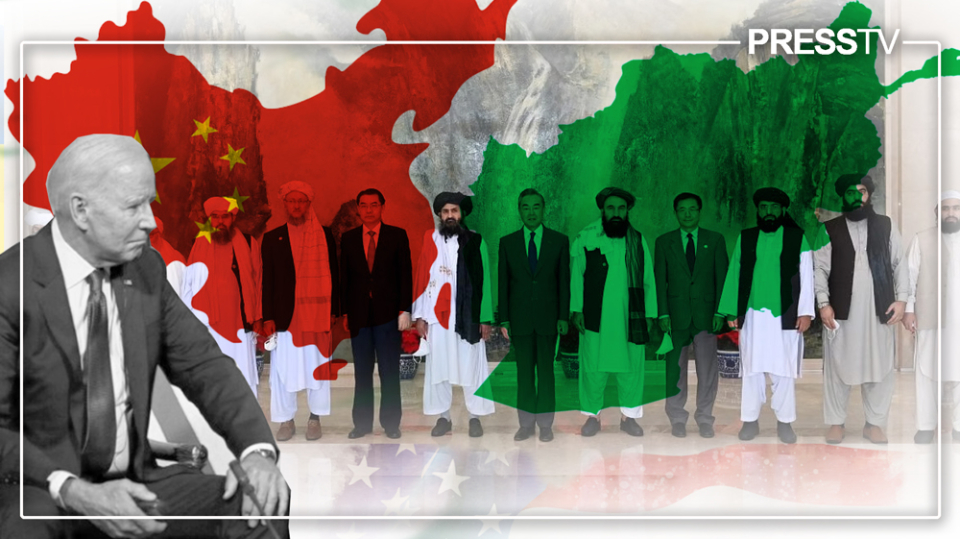China has appointed a new ambassador to Afghanistan, and he recently handed over his credentials to the Taliban authorities in Kabul. This move marks China as the first country to appoint an envoy to Afghanistan since the Taliban regained power in August 2021 and the U.S.-led coalition forces withdrew.
While China has not officially recognized the Taliban government, this action signals a broader engagement with the de facto government in Kabul. It could potentially open doors for expanding the Belt and Road Initiative (BRI) infrastructure projects in Afghanistan.
According to the Chinese foreign ministry, this appointment is a routine rotation of China's ambassador to Afghanistan and aims to foster dialogue and cooperation between China and Afghanistan. China maintains that its policy towards Afghanistan remains "clear and consistent."
The new Chinese envoy, Zhao Xing, received a warm welcome from Mohammad Hassan Akhund, the acting prime minister in the Taliban administration, during a ceremony in Kabul, as confirmed by the Taliban administration's deputy spokesman, Bilal Karimi.
Suhail Shaheen, a Taliban spokesperson in Doha, expressed that this move would further strengthen relations between the two countries and facilitate cooperation in various fields. Unlike other governments that appointed charge d’affaires after the expiry of their ambassadors' terms, China decided to nominate a new ambassador, according to Shaheen.
China's close relationship with the Taliban dates back several years, and it was one of the few countries that did not close its embassy in Kabul after the fall of Ashraf Ghani's government. In return, the Taliban established their representatives at the Afghan embassy in Beijing.
With China seeking to expand its influence in the region and the U.S. diminishing its role, Beijing views the Taliban's rise to power as an opportunity to advance its ambitious BRI project, extending it from Pakistan into Afghanistan. In a May agreement, China and Pakistan committed to extending the infrastructure project into Afghanistan, potentially attracting significant funding for projects in the sanctions-hit country.
China's interest in the BRI spans over 150 countries and international organizations, aligning with its strategic interests, especially in economic domains. This engagement with China offers the Taliban economic prospects and geopolitical advantages, mutually benefiting both parties amidst the Taliban's regional and global isolation. Experts suggest this marks a win-win scenario.

















